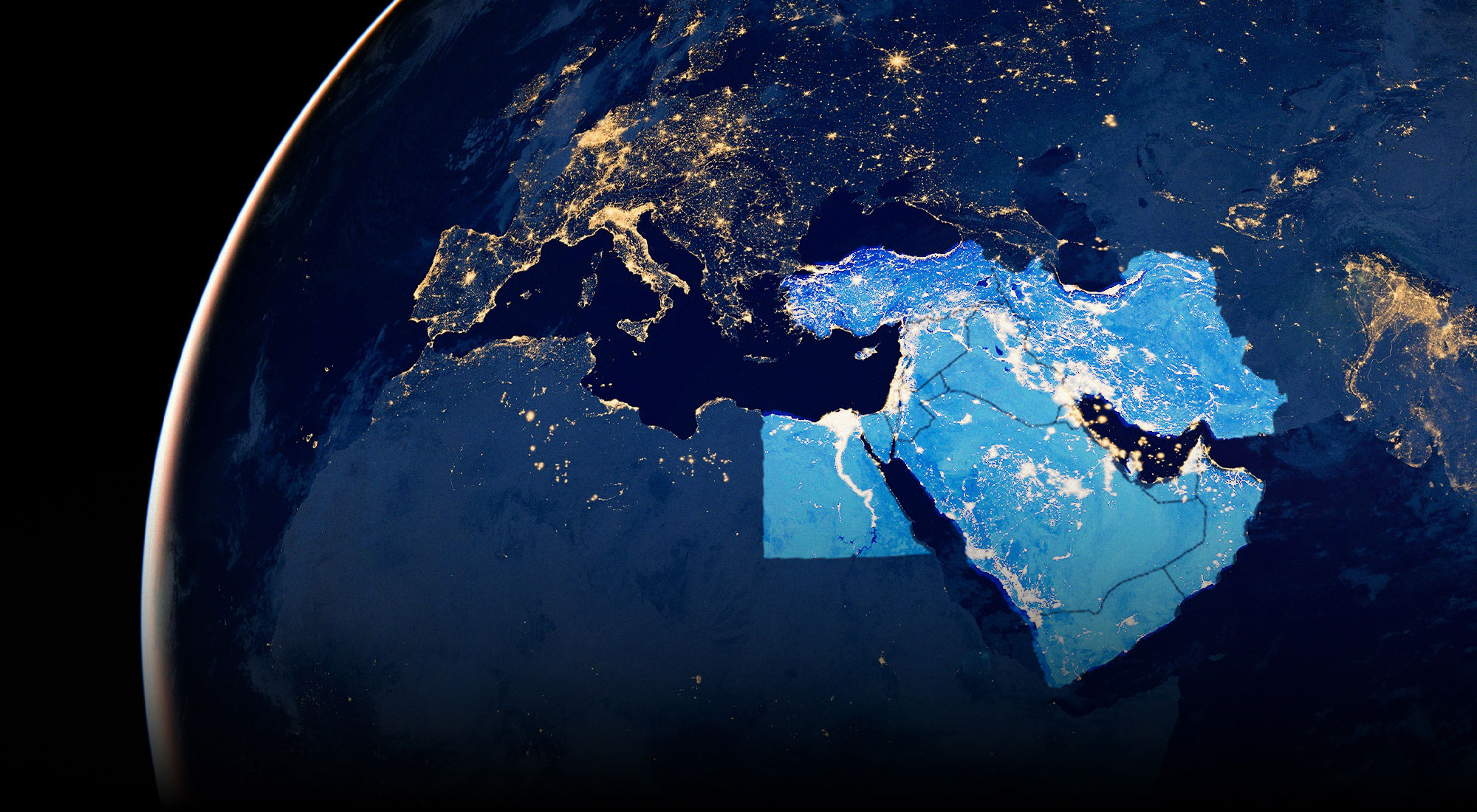A recent study by TRENDS Research & Advisory stated that the international system in the twenty-first century is witnessing an unprecedented expansion of challenges, placing enormous pressure on global governance mechanisms and existing power structures.
The study — The International System’s Challenges and the Future of the Middle East — prepared by senior researcher Mohamed Aldhuhoori, Director of the Advanced Political Studies Department at TRENDS, explained that this expansion is not limited to a single type of challenge, but rather encompasses a broader spectrum of complex and intertwined issues.
On the one hand, there is a shift like actors on the international stage, as states are no longer the only influential players; instead, giant technology companies have emerged as powerful actors capable of shaping public opinion and directing policy. In addition, influential individuals such as Elon Musk have gained significance, with his space-based service, Starlink, becoming strategically crucial in conflict zones.
The study indicates an escalation in the global arms race, with a focus on advanced weapons such as hypersonic missiles, and highlights the decline of international arms control agreements. This challenge is further exacerbated by nuclear proliferation, as nuclear-armed states modernize and expand their arsenals, thereby threatening global and regional stability, particularly in the Middle East, where concerns continue to grow over the nuclear weapons programs of Iran and Israel.
The study also emphasizes the dangers of the militarization of space, noting that space has become a critical domain for military competition, which raises questions about the nature of future conflicts and the protection of space’s essential assets. Terrorism remains a persistent threat, particularly in regions suffering from weak governance and ongoing conflict, such as the Middle East, where extremist groups exploit these conditions to expand their influence.
The study also examines the geopolitical impacts of climate change as an existential threat, noting that resource scarcity and natural disasters can exacerbate existing conflicts and give rise to new ones, with direct effects on territorial boundaries and shifting trade routes.
The study explains that these expanding challenges are occurring within an international system that, according to the authors, remains unipolar—led by the United States—despite the rise of multipolarity exemplified by the growing influence of China, Russia, and India. In this complex context, the Middle East is a vivid example of converging global dynamics.
The region’s religious and economic significance—including its oil and gas resources and strategic maritime routes such as the Suez Canal and Hormuz—makes it a focal point of international competition and regional conflict, intricately connected to broader global challenges.
The study concludes that the future of the Middle East and the international system will depend significantly on how major powers respond to these escalating challenges. The capacity to adapt, strengthen international cooperation, and formulate innovative solutions to security, environmental, and economic threats will ultimately shape stability in the region and globally.



